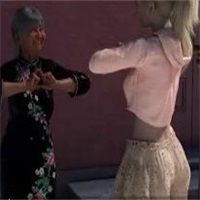Ridley Scott’s Lost Dune Script Found: 'I Don't Think It Would’ve Made Fans Happy'
Ridley Scott's Lost Dune: Unveiling a 40-Year-Old Script
This week marks four decades since David Lynch's Dune premiered, a box office flop that's since cultivated a devoted cult following. Its stark contrast to Denis Villeneuve's recent adaptations has fueled ongoing fascination with the project's history. This article delves into a previously unknown chapter: Ridley Scott's abandoned Dune script.
Thanks to T.D. Nguyen's discovery of a 133-page October 1980 draft by Rudy Wurlitzer (from the Coleman Luck archives at Wheaton College), we now have unprecedented insight into Scott's vision. This draft, a page-one rewrite preceding Lynch's involvement, reveals a significantly different interpretation of Frank Herbert's epic.
Scott, fresh off Alien's success, inherited a screenplay by Herbert himself – a faithful but cinematically unwieldy adaptation. He selected a few scenes but commissioned Wurlitzer to craft a new script, envisioned as part one of a two-part epic.
Wurlitzer's adaptation, described by Scott as "pretty fucking good," offers a darker, more violent, and politically charged narrative than its successors. Its deviation from Herbert's source material, however, contributed to its rejection by Universal Pictures executive Thom Mount, who deemed it lacking in "unanimous, glowing enthusiasm."
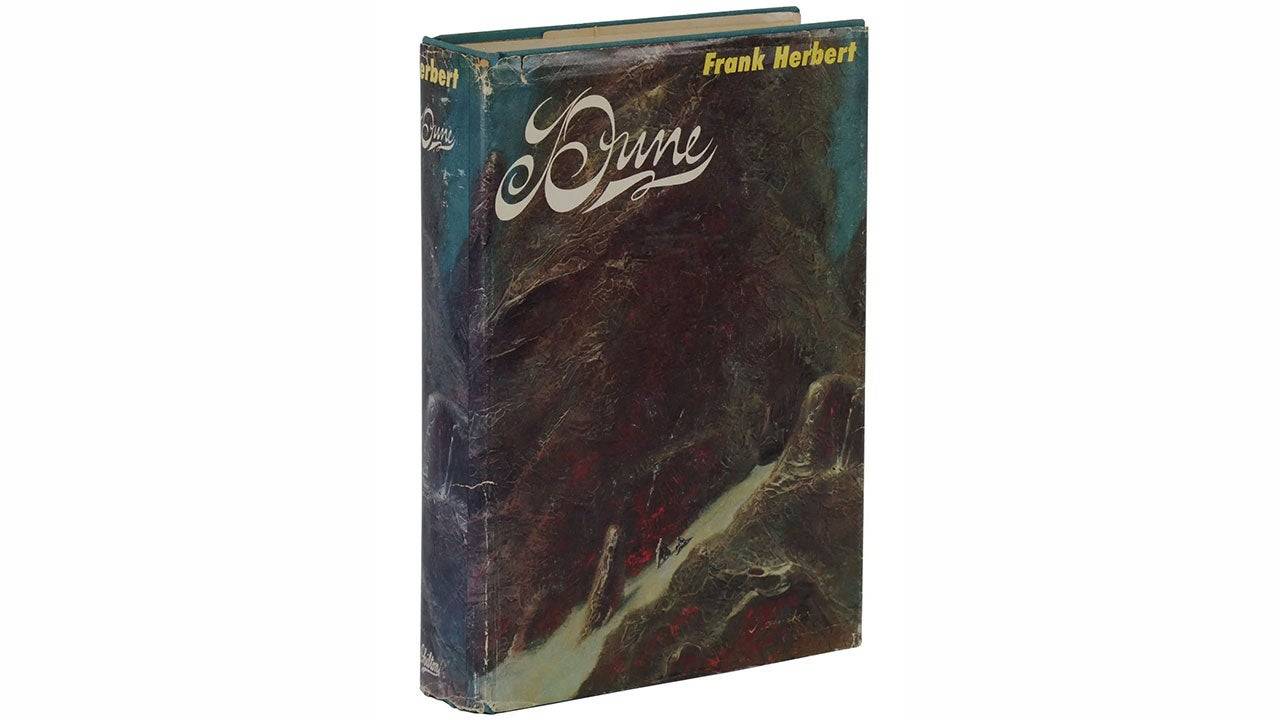
A Reimagined Paul Atreides
Wurlitzer's script portrays a far more assertive Paul Atreides, starting as a 7-year-old exhibiting a "savage innocence." Unlike Timothée Chalamet's portrayal, this Paul is a young boy undergoing trials, demonstrating his psychic abilities and martial prowess. His rapid development, culminating in surpassing Duncan Idaho, contrasts with Lynch's more vulnerable depiction. Stephen Scarlata, producer of Jodorowsky's Dune, notes this difference, suggesting Lynch's portrayal creates more tension and audience concern.
The Emperor's Demise and Shifting Power Dynamics
A pivotal twist in Wurlitzer's script centers on the Emperor's death, a catalyst absent from Herbert's novel. This event triggers the ensuing conflict, replacing the more convoluted machinations of the original source material. The Baron Harkonnen's proposal to share Arrakis' spice production is rejected by Duke Leto, setting the stage for conflict. A near-identical line to a famous Dune '84 Baron quote – "Who controls Dune controls the Spice, and who controls the Spice controls the Universe" – appears, sparking speculation about its origin and potential influence on Lynch's adaptation.
The Navigator and a Medieval Arrakis
The script features a detailed depiction of the Guild Navigator, a spice-mutated being described as "an elongated FIGURE, vaguely humanoid with finned feet and hugely fanned, membranous hands." This visualization, absent from the book until Dune Messiah, showcases Scott's visual flair. The arrival on Arrakis reveals a medieval aesthetic, emphasizing swords, feudal customs, and stark class disparities, mirroring aspects of Scott's other projects.
Intense Action and Graphic Violence
The script introduces action sequences absent from other adaptations, including a brutal bar fight in Arakeen's slums and a graphic depiction of the Atreides' downfall. The violence is far more explicit, resulting in numerous deaths and showcasing a grittier tone. The Hunter-Seeker, a bat-like creature with a cobra's head, replaces the mechanical device from the book and other film versions.
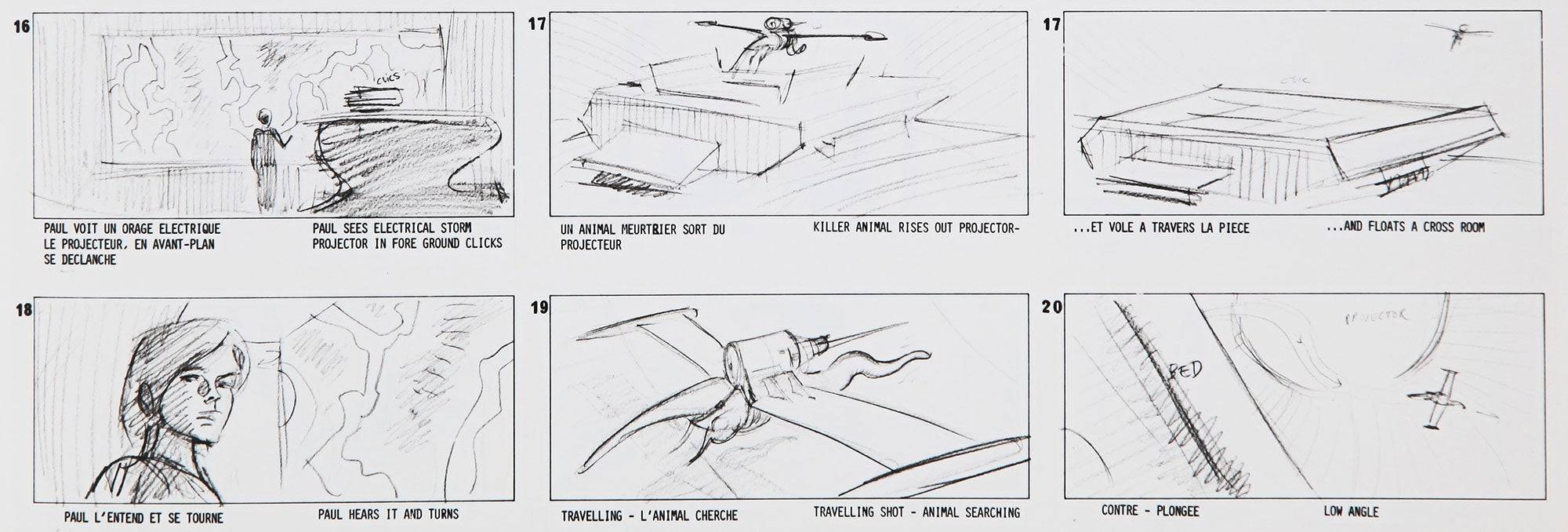
The Desert Escape and Fremen Integration
Paul and Jessica's desert escape is fraught with peril, culminating in a crash landing and a tense encounter with a giant sandworm. The Fremen integration is also significantly altered, with Jessica, not Chani, guiding Paul during the Jamis duel. The script includes a Water of Life ceremony, featuring a gender-bending Shaman and a giant sandworm, adding a surreal element to the narrative. The ending sees Paul and Jessica accepted into the Fremen tribe, setting the stage for future conflict.
A Controversial Omission and a Different Paul
Notably, the script omits the controversial incestuous relationship between Paul and Jessica, a point of contention with Herbert and De Laurentiis. However, the script still presents a Paul who is arguably more ruthless and less reluctant to embrace his destiny as a leader, potentially alienating some fans of the source material.
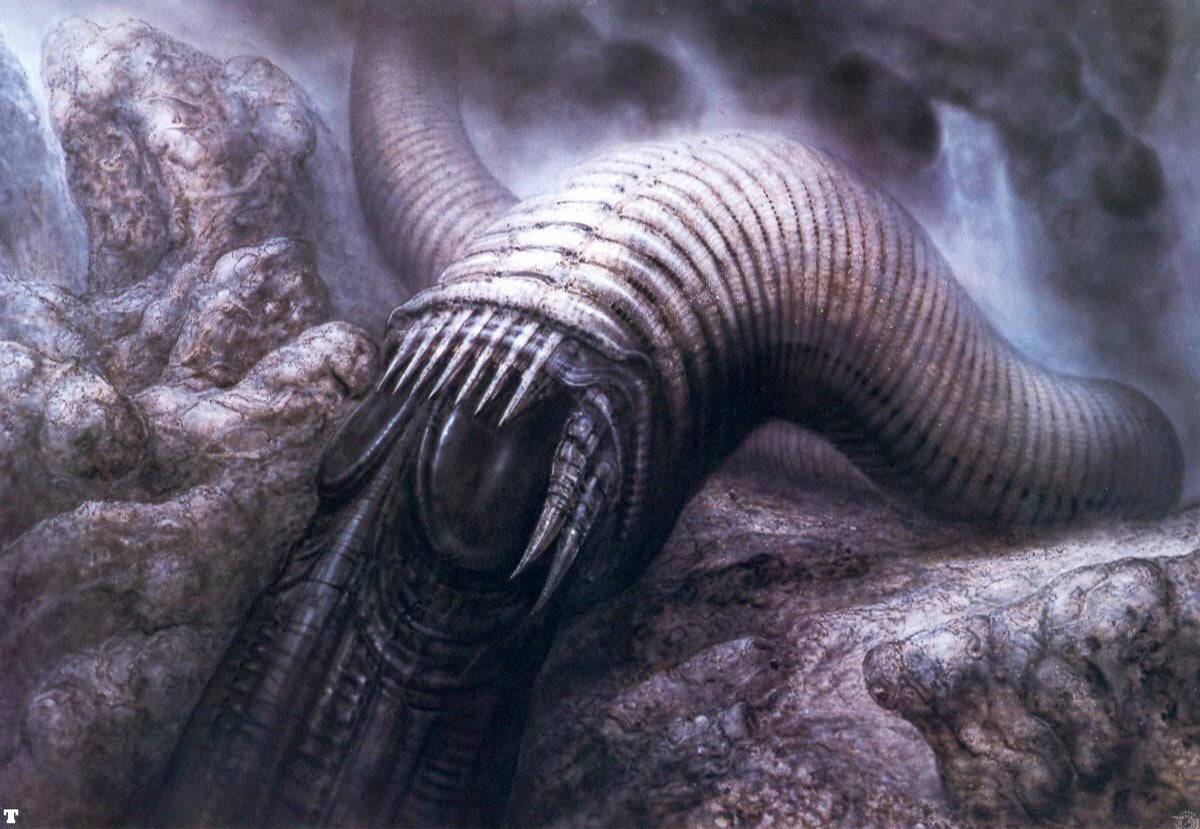
Conclusion: A Bold, Unconventional Vision
Scott and Wurlitzer's Dune was a bold departure from the source material, prioritizing ecological, political, and spiritual themes. Its darker tone and graphic violence, however, likely contributed to its rejection. While it may not have satisfied all fans, the script offers a unique perspective on Herbert's work, highlighting its environmental concerns and the dangers of unchecked power. The script's rediscovery offers a fascinating glimpse into a lost adaptation, prompting reflection on the various interpretations of this enduring science fiction masterpiece.
- 1 Zenless Zone Zero [ZZZ] Codes (December 2024) – 1.4 Livestream Codes Feb 08,2025
- 2 Capcom Spotlight February 2025 and Monster Hunter Wilds Showcase: Everything Announced Mar 05,2025
- 3 New LEGO Sets for March 2025: Bluey, Harry Potter, and More Mar 06,2025
- 4 Gothic 1 Remake Demo: Frame-by-Frame Comparison with Original May 01,2025
- 5 Blazing Conquest: Conquer Lords Mobile on Mac with BlueStacks Air Feb 21,2025
- 6 PUBG Mobile Redeem Codes for January 2025 Live Now Feb 13,2025
- 7 "Tower of God: New World Introduces Alphine and Kaiser" Jun 28,2025
- 8 Pokémon TCG Pocket Unveils Premium Pass and Trade Tokens Apr 21,2025
-
Best Racing Games to Play Now
A total of 10
-
Top Business Management Apps for Android
A total of 10
-
Best Competitive Multiplayer Games on Android
A total of 10











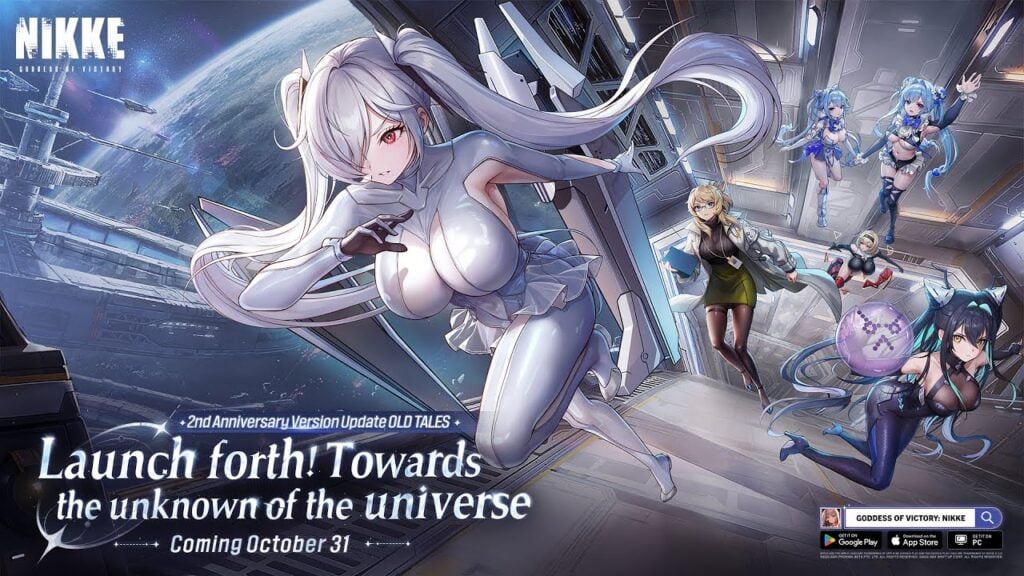





![Business of Loving [v0.12.5i] [Dead End Draws]](https://imgs.96xs.com/uploads/18/1719555107667e5423ef803.jpg)
